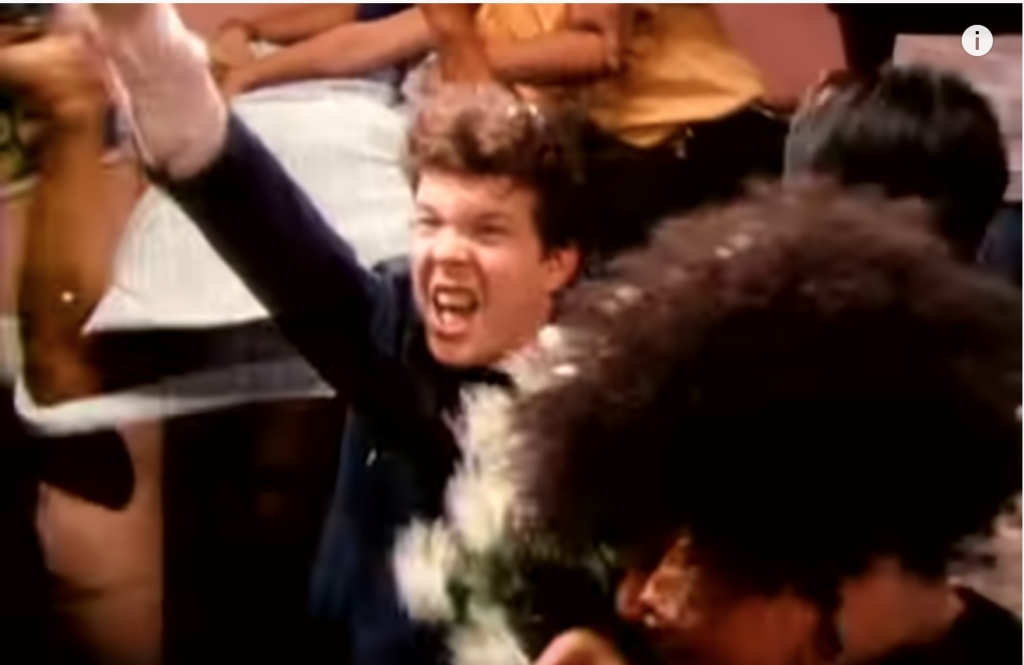Ignored Obscured Restored
Meet me in the middle of the day
Let me hear you say everything’s okay
Bring me southern kisses from your room
Back in 1979, singer-songwriter Steve Forbert had a Top 20 hit with “Romeo’s Tune” from Forbert’s second album, Jackrabbit Slim.
The sweet love song is driven by a lively piano riff played by Bobby Ogdin who was the pianist in Elvis Presley’s TCB band.
But the final arrangement of the song didn’t come easy. It was originally slated to be on his debut album, but he wasn’t satisfied with the recordings from those sessions and decided to hold it back. Over the next year, he tried various arrangements before he came up with the final with help from the album’s producer, John Simon.
Simon was responsible for producing several of my favorite records – The Band’s Music from Big Pink, The Child is Father to the Man by Blood Sweat & Tears, and Bookends by Simon & Garfunkel. He also produced the hit “Red Rubber Ball” by The Cyrkle (written by Paul Simon).
Forbert dedicated the song to Florence Ballard, of the Supremes, on the Jackrabbit Slim album cover, though it isn’t about her. He has often said that the track is about girl he knew when he was a teen but has never identified her by name.
On a side note, Forbert played Cyndi Lauper’s boyfriend in the video for her song “Girls Just Wanna Have Fun.”

Meet me in the middle of the night
Let me hear you say everything’s alright
Let me smell the moon in your perfume
Enjoy… until next week.
